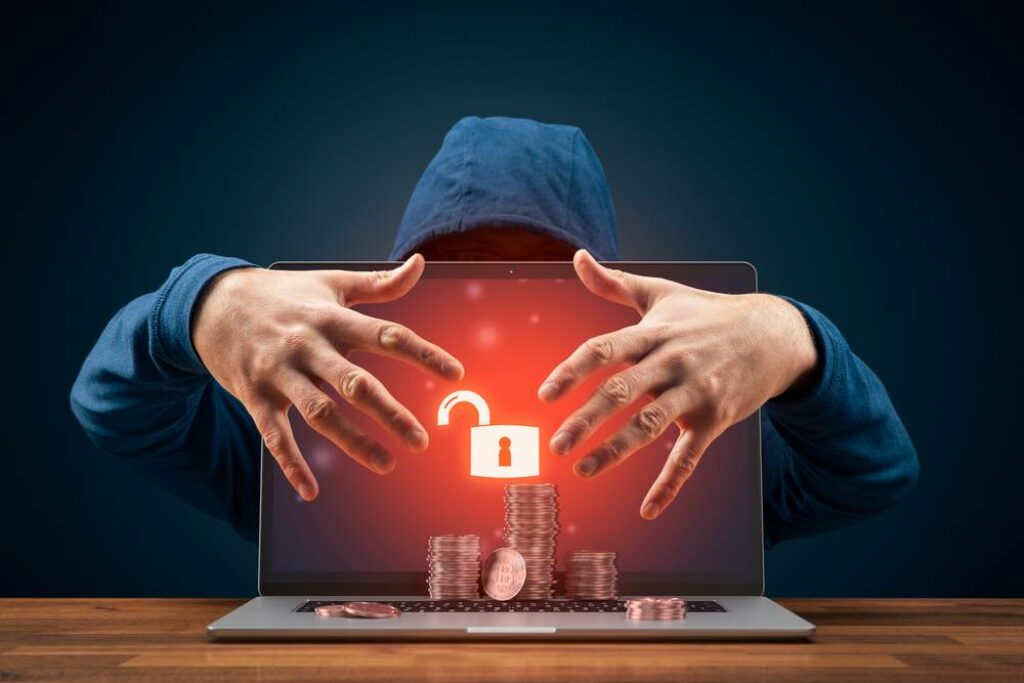
How To Tell If You Are A Victim Of Internet Fraud or Cyber Crime?
The internet has changed the world and most people’s lives, mostly for the better. Huge amounts of information are now available at our fingertips and very convenient services such as online shopping, banking and education. However, along with all these positives has come the negatives of internet fraud and other forms of cybercrime.
Related Topics (Sponsored Ads):
When the internet was newer, the most common worry and problem was getting your computer infected with some type of virus or some other similar vandalism of your computer. More recently, the major threat of internet usage is falling victim to a fraud or scam and having your personal information taken by cyber criminals for malicious purposes, such as theft. While it is true that all sorts of scams, fraud and theft have been around long before the advent of the internet, these types of crimes have become more prevalent and easier to accomplish via the internet.
Some people are so afraid of falling victim to these criminal activities that they all but totally unplug from the internet. This is not a very practical solution in today’s world where many people are literally dependent on the internet, nor is it necessary. By having some basic information and taking certain precautions – as discussed below – most people can utilize the internet with minimal risk.

Warning Signs
Hopefully, by following basic guidelines and precautions, you won’t become a victim of cybercrime. But you should be aware of the common signs that you have been victimized, so you can take quick and appropriate action.
– Bank Account: Unauthorized withdrawals or transfers; change of address or other personal information; loan applications or approvals; closing of an account. You should regularly and thoroughly keep tabs of your bank accounts.
– Credit Cards: Unauthorized charges; increase of credit limits, change of address and other personal information, request for additional cards. Just like your bank accounts, you should keep constantly aware of what is happening on your credit card accounts.
– Other Financial Accounts and Bills: This includes things like cell phone service accounts, cable TV accounts, internet service provider accounts and similar items. Make sure nothing unauthorized appears on these accounts.
– Department of Motor Vehicles: Your drivers license is perhaps the most important form of ID that you have – periodically check your DMV info to make sure no one is trying to steal your identity.
– Social Security and IRS: Periodically check your information with these, especially regarding any change of name or address – so you benefit or refund checks don’t go to someone else.
– Credit Reports: Almost any kind of credit financial transactions will show up on your credit report – including loan or credit applications, lease applications, changes of personal information like your address and so on. You are entitled to get a free copy of your credit report periodically, which you should request and review.
Types of Internet Crime
– Phishing or spoofing: Involves the usage of fake emails, text messages, or copycat websites to commit identity theft. Or it can be used to steal personal information, including credit card and bank account numbers, debit card PINs, and account passwords.
– Data breaches: Occur when sensitive data (personal or financial information) is hacked into, or leaked from a secure location by accident. This information may be used to steal identities or commit financial fraud.
– Malware: Dangerous software that is designed to hijack computers and steal information.
– Credit card fraud occurs when scammers fraudulently acquire credit or debit card numbers to obtain money or property.
Protective Measures
Learn how to spot common scams and fraud. Learn the warning signs of internet fraud, phishing, and other online scams.
Keep your computer software updated. Download the latest versions of your operating system, web browsers, and apps.
Talk to your kids about being safe and responsible online. Find out how you can protect your family online by teaching them about the risks.
Learn the basics of cyber security. Find out what to do during and after cyber attacks and what you can do beforehand to prevent them.
Don’t use the same passwords for multiple accounts. Try to make your passwords unpredictable and avoid using names, dates, or common words. Never share your passwords with anyone you don’t trust.
Don’t give out personal information over unencrypted websites. Only trust encrypted sites that begin with “https” (the “s” means they’re secure). They convert your information into a code that prevents exposure to potential scammers.
Report Fraud
If you believe you’re a victim of internet fraud or cybercrime, report it to the Internet Crime Complaint Center (IC3) of the FBI. Your complaint will be forwarded to federal, state, local, or international law enforcement.
You will also need to contact your banks, credit card companies and all your other accounts. Notify them if you are disputing unauthorized charges or changes and that you suspect your account has been compromised. Also file a formal report to the credit report agencies.




